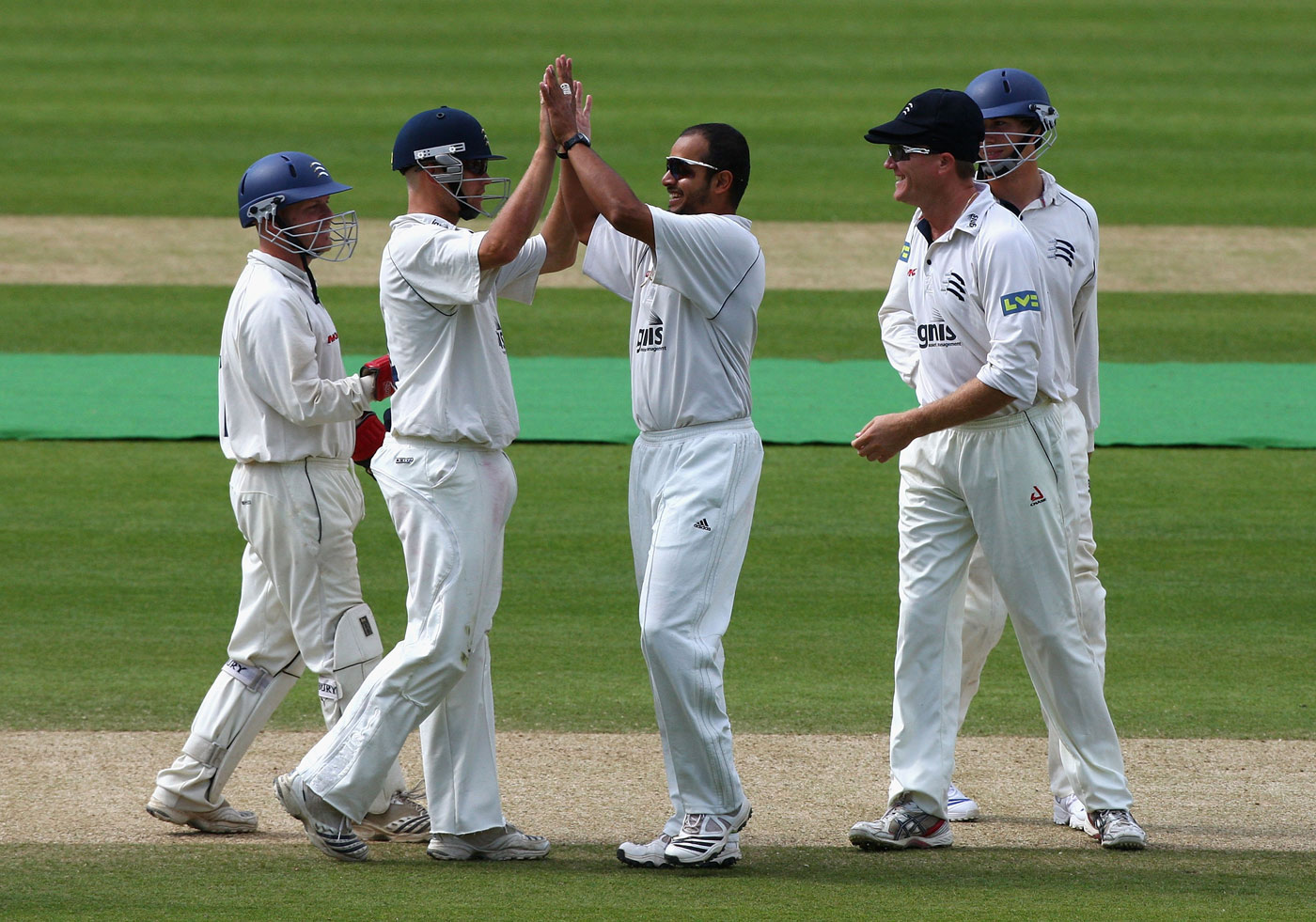In fact, it has been a relief to be out of the dressing room because it was not a pleasant place in Australia. We were losing and in my opinion the environment was poor and I was not alone in thinking that. It is a view shared by a number of the players who have spoken their minds since coming back from the tour.
Now I have had time to reflect on the winter it is clear to me that back-to-back Ashes should never happen again. It was really hard for the England team to go to Australia and defend the Ashes just weeks after winning at home.
As soon as we arrived the Australian media turned the heat up on us. I have had that for years so it did not bother me. It was fun. But for other players you could sense it was a problem. The senior players were tired and it soon became a really long grind against an Australian side that had their backs up in their own country.
Australia knew they came close to winning here. The 3-0 defeat last summer was not a true reflection of that series in terms of the way they played their cricket and we played ours, so I knew it was going to be a tight return contest and we were not equipped to handle it.
Mitchell Johnson was sensational on those pitches and he was handled brilliantly by Michael Clarke. Even if he picked up a wicket in his third or fourth over of a spell, Clarke would take him off and save him for later in the day. It was brilliant captaincy. Johnson’s bowling was the best and most aggressive I have seen during my career, and I told him so at the end of the Test series when we shared a beer.
By then I thought that Andy Flower wanted me out. After the Sydney Test, a headline came out claiming Flower had said to the ECB it was either “him or me”. He denied saying that but the damage was done.
But my relationship with the other players was fine. We had an incredible tour on and off the field. I was helping all the bowlers out with their batting, and the night we lost 5-0 we were all having a drink in the bar together with our wives and girlfriends, which proves all was OK between us and still is.
I have no issue with the players, as many have said in interviews since the tour ended. I speak to Stuart Broad and I even organised for Graeme Swann to go on holiday to one of my friend’s hotels after he retired.
On a personal note, I did not score the runs I would have liked in Australia but I have played a certain way throughout my career and will continue to do so. There is method to my batting but I play on instinct as well and I would absolutely play that way again if we could go back in time.
In the first innings at Brisbane, I was caught at midwicket. As soon as the ball left Ryan Harris’s hand I thought ‘four’. I saw the angle and thought ‘bang it through midwicket’, but I got caught out. In the second innings, all I tried to do was help a short ball from Johnson to fine leg because it was too tight to pull, but I was caught again.
In Adelaide, I walked out to the crease and felt like I did not know which side of the bat I was holding. I felt that terrible and that is why I was walking at Peter Siddle and playing him on the full.
As soon as I was dismissed I walked out of the dressing room to the nets with Richard Halsall, the assistant coach, and spent 45 minutes trying to figure out how to bat again. I felt that bad, the worst I have ever experienced in an Ashes series.
Why? I do not fully know. But my knee was hassling me a bit. I had an injection a few weeks before and during that innings it was hurting. In the dressing room everyone takes the mickey out of how I bend my knee during my stance because of how exaggerated the movement can be. But in Adelaide, because of the knee pain, I was standing a lot taller in the crease and that changed my game. I said to Halsall and spin coach Mushtaq Ahmed: “I can’t bat like that again.” I had to work hard to get myself back to playing normally again. In the second innings I made 53 and played very responsibly.
My dismissal in the second innings at Perth has received a lot of attention. I was caught at long on trying to hit Nathan Lyon for a second six. But if I see that ball again, I will still try to hit it for six. No problem. As he tossed it up I thought ‘six more there’. If you look at my career, that is how I play. People say it is irresponsible but it was not; it was successful.
Look at the innings that started it all off – the 158 against Australia in the 2005 Ashes at the Oval. I was hooking Brett Lee at 95mph into the stands. Any one of those shots could have gone straight up in the air and been caught. The 186 in Mumbai in 2012 is talked about as the best innings by a foreigner in India. I took risks during that hundred. I am England’s leading run scorer in all forms of cricket because of playing that way.
People say I should have ground it out. Should I? What would have been different?
What I have done during my career is ignore the ridiculous praise and the ridiculous criticism. I have stayed even and been mentally strong enough to keep believing in my methods and what I think is the best way for me to be successful.
It would have been easy for me to start defending a bit more. Would that have made me a better player? No. I am a risk-taker in cricket, in business and all parts of my life.
Coaching needs to focus more on natural talent
I have kept busy since my England career ended. I loved the Indian Premier League, even though results were disappointing for Delhi and now I am focused on Surrey and my business life.
I am extremely excited about establishing my cricket academy and foundation, which will launch in October in Dubai.
In total we have identified seven countries, including England, where we want to establish academies. The first is being built at the moment on a great plot in Dubai which will include a cricket field, pavilion and classrooms with the plan to coach kids between the ages of eight and 18.
My foundation will fund 13 disadvantaged kids and two chaperones from seven countries to come to my facility to be trained there for two weeks, guided by our coaching, taught the fitness and mental side of the game but to also have fun too. Then two years later I will pay for all the kids from the seven countries to come back and play a mini World Cup in Dubai against each other.
At the moment we are setting down how I want the kids to be coached and making sure we get that set up right.
My guiding principles are that I want to coach kids the way they play and not from a textbook. You want kids to grow up believing in their own natural talent and strengths.
I do not have a good technique at all. Sometimes I watch myself on television and I am embarrassed about my technique. I do not know how I score runs other than through self-confidence and belief in my ability.
Look at Lasith Malinga. How the hell does he get wickets bowling like that?
But his technique works for him. If he was a young England player he would probably have drifted out of the game. I have seen how coaching is now especially for kids. Ball on a cone, high elbow and hit through the ball.
In my opinion that is not the only way to coach and its holding back some natural talent. The game has changed and coaching has to change too.












